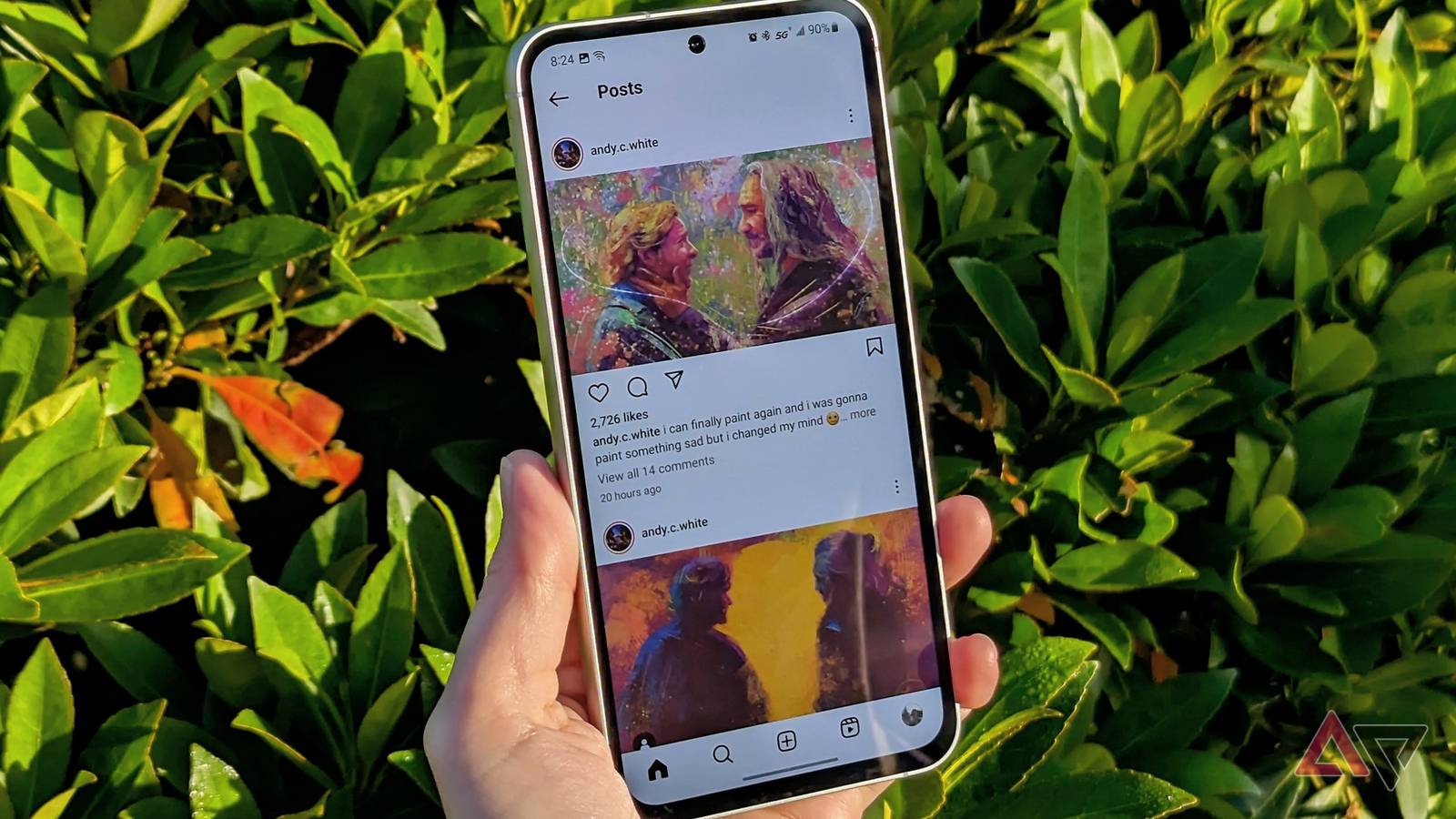
"It's one of those things that tends to happen to all of us at some point. You'll be talking to your friend about a subject, and then when you use an app or head to the internet, for some reason, there's an ad for that specific subject you were just talking about. The first time it happens, it leaves your mind blown, and even makes you a bit paranoid about how our tech products might be listening to our conversations."
"However, with data privacy becoming a huge subject for many over the past years, there are now new tools for our favorite tech products that give us a better way to understand what's going on, when it's not always so obvious. This is the case with our phones, giving us visual indicators when sensors are being used. There's also more ways to control the experience too."
"Mosseri makes it clear from the start, Instagram does not listen to your conversations. He goes on to say that this type of activity is against the law. Plus, if this was happening, users would experience a noticeable drop in battery life, and that they would even see those aforementioned indicators showing that sensors are being used by the app when it's not even in use."
"So, if Instagram isn't spying on you, then how does it get so much right when it comes to the ads that are directed at you? Well, it really relies on proper data collection through the app, and also relationships with ad brands. As you probably already know, you're giving a lot away when you sign up to use an app like Instagram. The app can harvest your data and use it how it pleases, which is something that a lot of people don't like."
Many people notice ads that match recent private conversations, which fuels suspicion that devices listen to users. Phones now display visual indicators when sensors are accessed and offer more controls over sensor use. Audio surveillance for ad targeting would violate law, cause noticeable battery drain, and trigger sensor-use indicators. Targeted advertising primarily depends on data harvested by apps and partnerships between platforms and advertisers. Users disclose substantial personal information when creating accounts, and apps can collect and monetize that data. Collected data is used to deliver tailored ads rather than relying on covert audio listening.
Read at Android Police
Unable to calculate read time
Collection
[
|
...
]